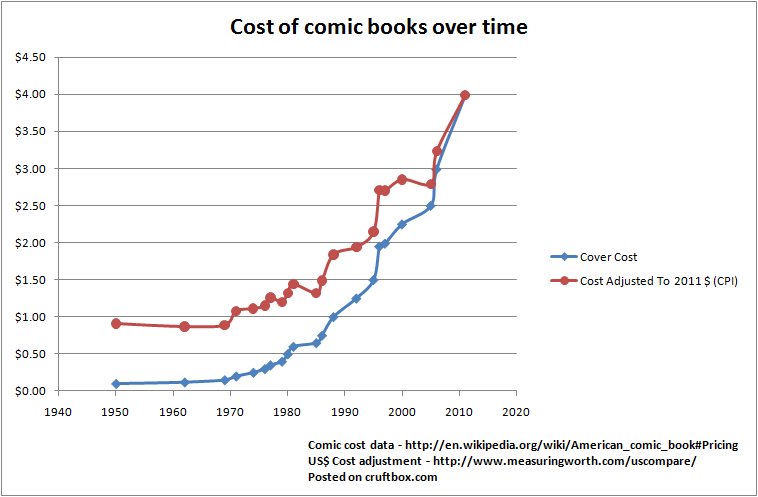Whether you’re a global warming/climate change skeptic or not, Donna Laframboise has a book that might be of interest to you:
The people who write the IPCC’s report — which is informally known as the Climate Bible — are supposedly the crème de la crème of world science. Rajendra Pachauri, the person who has been the IPCC’s chairman since 2002, tells us this repeatedly. In 2007 he explained to a newspaper how his organization selects individuals to help write the Climate Bible: “These are people who have been chosen on the basis of their track record, on their record of publications, on the research that they have done,” he said. “They are people who are at the top of their profession.”
Two years later, when testifying before a committee of the U.S. Senate, Pachauri argued that “all rational persons” should be persuaded by the IPCC’s conclusions since his organization mobilizes “the best talent available across the world.”
[. . .]
A close look at the IPCC’s roster of authors reveals that — on a wide range of topics including hurricanes, sea-level rise, and malaria — some of the world’s most seasoned specialists have been left out in the cold. In their stead, the IPCC has been recruiting 20-something graduate students.
For example, Laurens Bouwer is currently employed by an environmental studies institute at the VU University Amsterdam. In 1999-2000, he served as an IPCC lead author before earning his Masters degree in 2001.
How can a young man without even a master’s degree become an IPCC lead author? Bouwer’s expertise is in climate change and water resources. Yet the chapter for which he first served as a lead author was titled Insurance and Other Financial Services.
It turns out that, during part of 2000, Bouwer was a trainee at Munich Reinsurance Company. This means the IPCC chose as a lead author someone who was a trainee, who lacked a master’s degree, and was still a full decade away from receiving his 2010 PhD.


 The Vikings were already hurting in the secondary, with cornerback Antoine Winfield probably out with a neck injury that’s been bothering him for the last two weeks, and safety Jamarca Sanford out with a concussion. Now,
The Vikings were already hurting in the secondary, with cornerback Antoine Winfield probably out with a neck injury that’s been bothering him for the last two weeks, and safety Jamarca Sanford out with a concussion. Now, 

